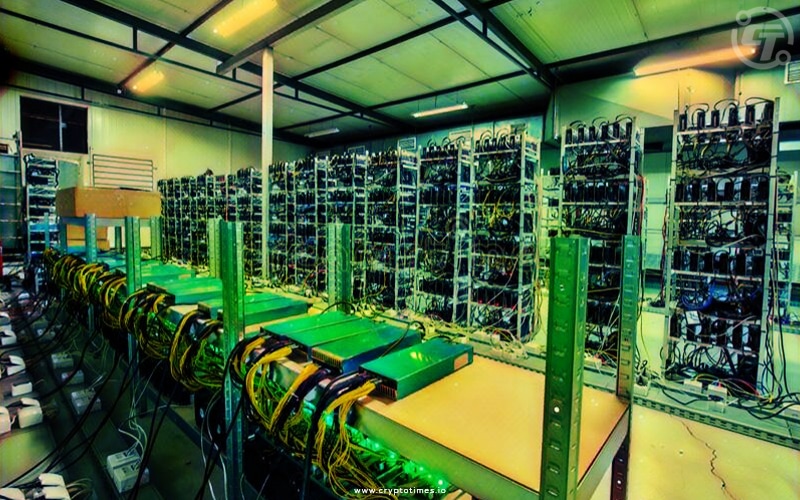The New York State Assembly passed a bill that proposes a two-year ban on new crypto mining operations that uses energy-intensive proof-of-work(PoW) mechanism.
The bill, A7389C is currently delivered to the Senate and awaiting further decision. If it passes successfully in the Senate then, it will be delivered to Governor Kathy Hochul who can veto the bill or sign it into law.
The bill is sponsored by assembly member Anna Kelles and further supported by Deborah Glick, Fred Thiele and many more.
The bill essentially proposes to establish a “moratorium on cryptocurrency mining operations that use proof-of-work authentication methods to validate blockchain transactions.”
The bill states non-issuance as well as non-renewal of any application for an electric generating facility that utilizes carbon-based fuels to power crypto mining operations using the PoW mechanism, for the next two years.
The bill asks for a “generic environmental impact statement” that addresses where and how many crypto mining operations use PoW mechanism, the amount of energy consumed by them, the source of that energy and the fuel used to produce it.
The statement also asks to clarify various other facts related to crypto mining operations using the PoW mechanism such as the potential impact of the energy consumed in the process, the potential public health impacts and the social and economic costs and benefits.
The bill comes in an effort to comply with the framework of the 2019 Climate Leadership and Community which states “statewide greenhouse gas emissions be reduced 85% by 2050 and that the state has net-zero emissions in all sectors of the economy by that time.”
The PoW mechanism has been facing criticism and a possibility of ban across several regions of the world due to its magnanimous environmental impact. The European Union, only a few weeks ago, conducted a vote on a proposed ban on PoW cryptocurrencies such as Bitcoin and Ethereum.
Despite the ban not being implemented in the EU, it seems that the days of the PoW mechanism might be limited, owing to the largely environment-conscious society we live in today.






